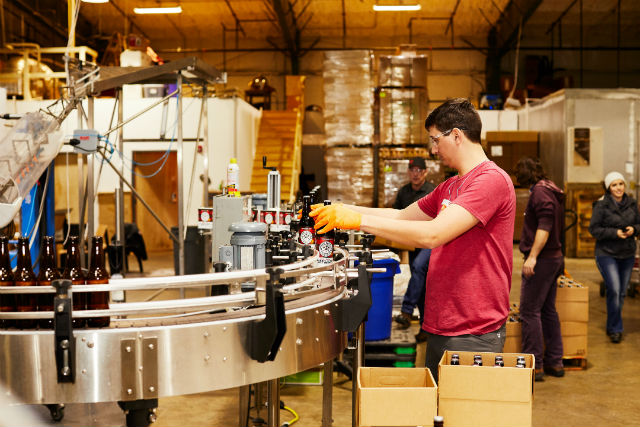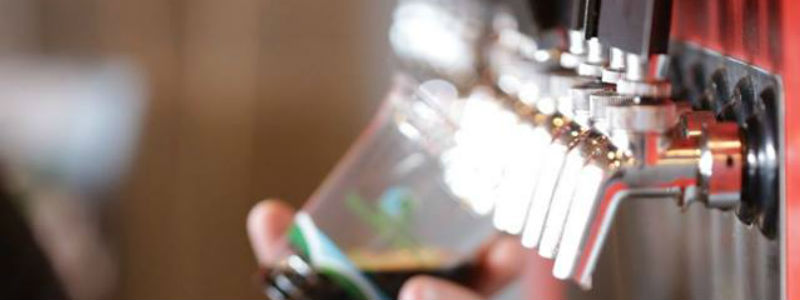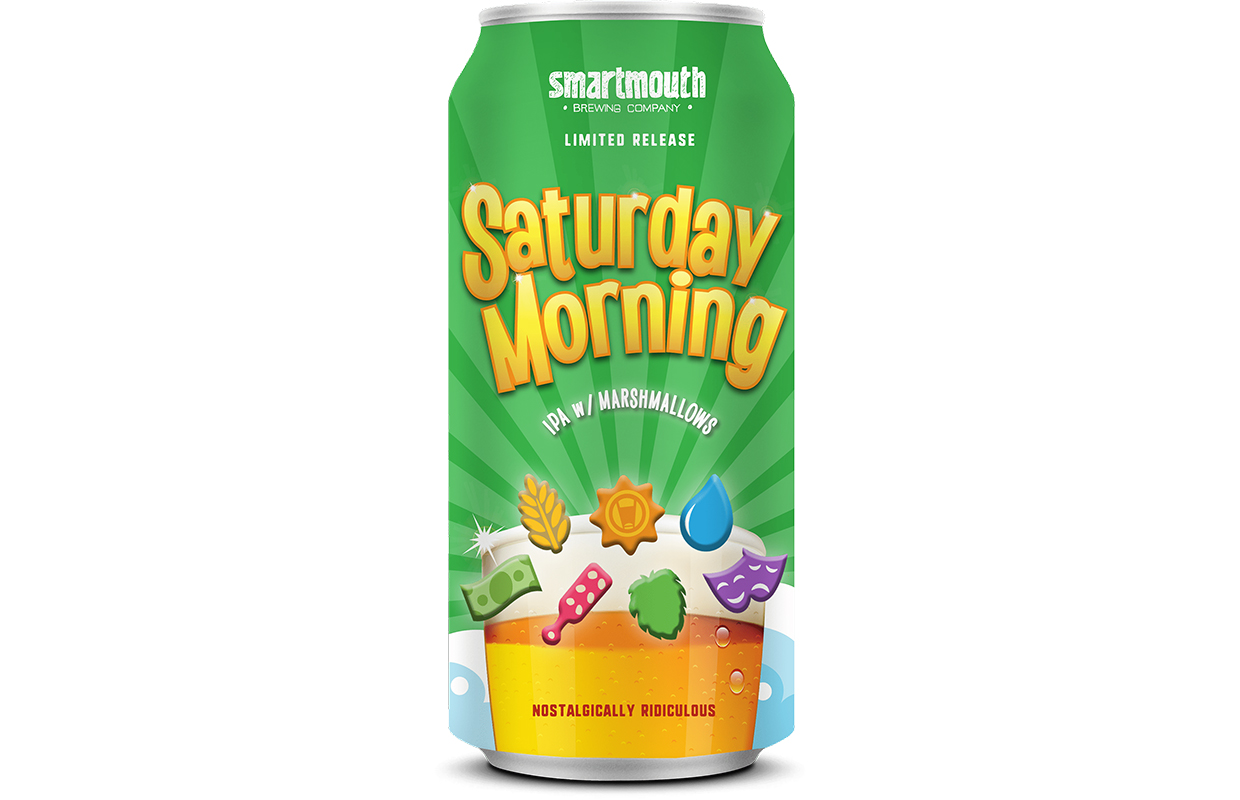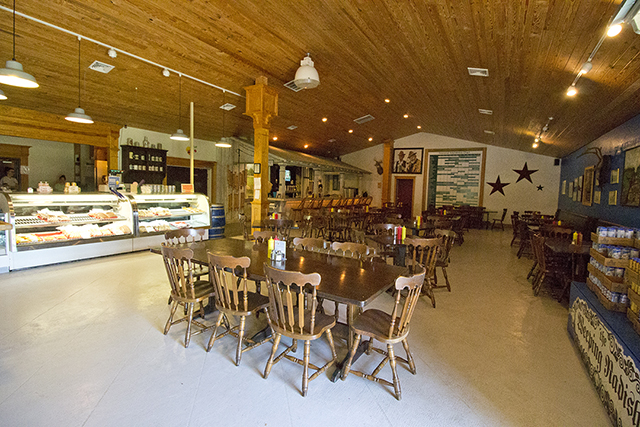
Finding that happy-medium of making a good margin off a product outside your taproom can be a quandary, especially when factoring in the aspects of what it costs to self-distribute versus working with a second-tier wholesaler.
Self distribution is not for every brewery, said Three Notch’d president Scott Roth.
“I personally receive phone calls on a near weekly basis from small breweries looking for advice on starting their own sister distribution company and my initial talking points are all the same: First, do you have a large enough brewery to make enough beer to pay for the basics? Those basics are licensing, insurance, rent, a vehicle (gas and maintenance), at least one full-time employee who you can trust, and some small regular office expenses.
“That list may not sound too expensive but when the distributor is only dropping one or two kegs and making 30-percent margin its takes a lot of tap lines to cover those costs.”
Out of the gate the Charlottesville, North Carolina brewery started with draft-only self-distribution via a sister company, Central Virginia Distributing (CVD), which helped them operate in the three-tier franchise environment of Virginia without giving away the ownership of their brand.
“CVD began with one truck, a sublet lease, and one ex-AB distribution employee,” Roth explained. “His name was Will and he was integral to our early growth.”
The previous relationships in the town allowed him to make some quick calls for placements and his sales were supplemented by Roth, his partner, founder Derek Naughton and brewmaster Dave Warwick hitting the streets with samples.
“I had come from the retail side, running an Irish pub in town for nearly 10 years, so I was also fortunate to have a lot of friends in the business,” Roth explained. “Additionally, Derek had been living in Charlottesville for many years at that point and our investor pool for the brewery was local and fairly large as well, so there was instant demand.
“All of those pieces were necessary for success and quickly gave us a reputation for great beer around our home market.”
Roth said Three Notch’d was fortunate to be one of two breweries located in their city limits that were getting into distribution and the hometown love they felt was very strong early on.
“We had 100 handles within the first three months and that really set the tone for our growth,” Roth said. “Had we been in a more competitive time and market, or a more rural market, I am confident we would have had a much harder time trying to take the path that we have paved.”
Renegade Brewing owner Brian O’Connell added that he feels if someone has the option, every brewery should start by self-distributing.
“Do it until you have enough distribution that it makes financial sense to hand over the margin to a distributor,” O’Connell said. “Self-distributing also teaches you first-hand about the supply chain and interacting with retailers. It’s an invaluable experience for the future of your business that you shouldn’t pass up.
The big positives that come from a model like Three Notch’d’s is that they got to control the product from raw material until it is poured into the customer’s glass.
“That has allowed us to consistently provide the freshest beer in the market, with kegs, cans and bottles often hitting retailers within hours of being packaged,” Roth said. “Of course the merchandising and line cleaning also comes with added costs to ensure the highest quality but for us, those expenses were absolutely paramount to developing a reliable brand that our consumers have grown to love.”
O’Connell added that nobody will care about your brand as much as you do.
“And nobody ever will,” he added. “Once you realize that then you go out and find the next best thing — somebody who cares a lot about your brand and is willing to invest in it and make it grow.”






1 Trackback / Pingback